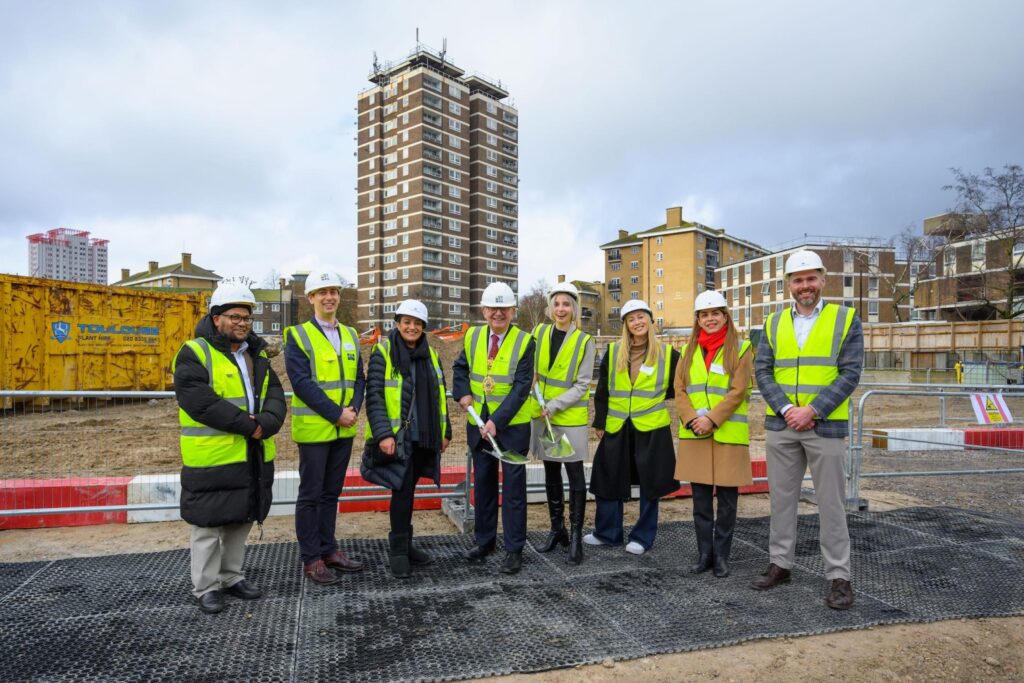The Adam Smith Institute (ASI) branded 16th July the Cost of Rent Day in London to highlight how much of people’s salaries go towards keeping a roof over their head.
The Cost of Rent Day was created to mark the point at which renters in London have earned enough before tax to cover their annual rent bill. Before this event comes around, tenants are essentially working for their landlords. The ASI calculated rent as a share of income by dividing annual rents by gross annual pay for 309 areas across England – including all the London boroughs. Experts discovered that it’s not usually until the start of summer that London tenants start pocketing a fraction of their wage.
James Lawson, chairman of the ASI, said: ‘Higher salaries, which many professionals have historically moved to London for in the first place, do not compensate for the higher rent prices that they face.
‘In the midst of a cost-of-living crisis and nearly two decades of stagnation, London’s Cost of Rent Day is a damning indictment on the performance of our economy, and our failure to match the demand for homes with supply in the capital.’
However, some disparities in the capital city show not everyone is struggling to fork out for their rent costs. In Kensington and Chelsea, where rent has a 0.73 share of income, the Cost of Rent Day isn’t until 25th September. However, in Croydon, where rent has a 0.41 share of income, the day fell on 31st May.
The picture of individuals renting within the rest of England trying to keep up with their rent costs is an even bleaker one. Research found that the Cost of Rent Day national average fell on 5th May, a whole two months before London.
Arguably the news couldn’t have come at a worse time. The latest research shows rent prices in London have increased by a staggering 11% and an increasing number of locals are struggling to cover the costs of food and childcare. Although, just one week after the new Labour government have come into power, Keir Starmer has laid out plans to build 1.5 million homes during his reign by reintroducing mandatory housebuilding targets, constructing new towns and reforming the planning system.
Lawson has remarked that Labour’s new housing plans could be exactly what London needs.
‘Concrete proposals to reform our sclerotic planning system and to deliver the homes we need must be an urgent priority for both the government and opposition parties,’ Lawson said.
Image: Luke Tanis
London boroughs ‘ready with hardhats’ to boost housebuilding

















Leave a Reply